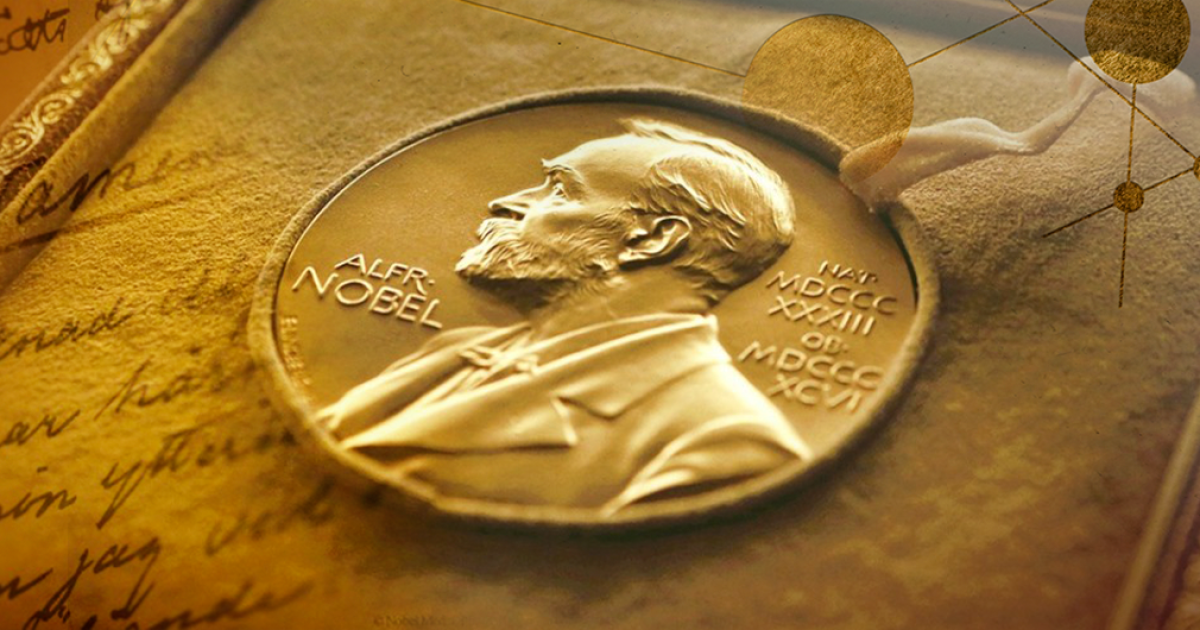Nobel Prize in Medicine 2025: who received the main scientific award of the year
6 October 14:01
On Monday, October 6, the Nobel Committee announced the winners of the annual prize in medicine or physiology. They are scientists Mary Brunkov, Fred Ramsdell, and Shimon Sakakuchi “for their discoveries on peripheral immune tolerance.”
This was reported by "Komersant Ukrainian" with reference to the press service of the Nobel Foundation.
The body’s powerful immune system must be regulated, otherwise it can attack our organs. These three scientists have been awarded the 2025 Nobel Prize in Physiology or Medicine for their revolutionary discoveries in the field of peripheral immune tolerance, which prevents the damage that the immune system can cause to the body.
Every day, our immune system protects us from thousands of different microorganisms that try to enter our bodies. They all look different, and many of them have evolved similarities to human cells as a form of camouflage. So how does the immune system determine what it should attack and what it should protect?
Mary Brunckow, Fred Ramsdell, and Shimon Sakakuchi received the Nobel Prize for their fundamental discoveries related to peripheral immune tolerance. The laureates discovered the defenders of the immune system – regulatory T cells that prevent immune cells from attacking our own body.
“Their discoveries have been crucial to our understanding of how the immune system works and why not all of us get serious autoimmune diseases,” said Olle Kempe, chair of the Nobel Committee.
Shimon Sakaguchi went against the grain in 1995 when he made his first key discovery. He proved that the immune system is more complex and discovered a previously unknown class of immune cells that protect the body from autoimmune diseases.
Mary Brancow and Fred Ramsdell made another important discovery in 2001, when they presented an explanation for why a certain strain of mice was particularly vulnerable to autoimmune diseases. They found that the mice had a mutation in a gene they called Foxp3. They also showed that mutations in the human equivalent of this gene cause a serious autoimmune disease, IPEX.
Two years later, Shimon Sakaguchi was able to link these discoveries. He proved that the Foxp3 gene controls the development of the cells he identified in 1995. These cells, now known as regulatory T cells, control other immune cells and ensure that our immune system is tolerant of its own tissues.
The laureates’ discoveries have launched the field of peripheral tolerance, spurring the development of medical treatments for cancer and autoimmune diseases. It can also lead to more successful transplants. Some of these treatments are now in clinical trials.









